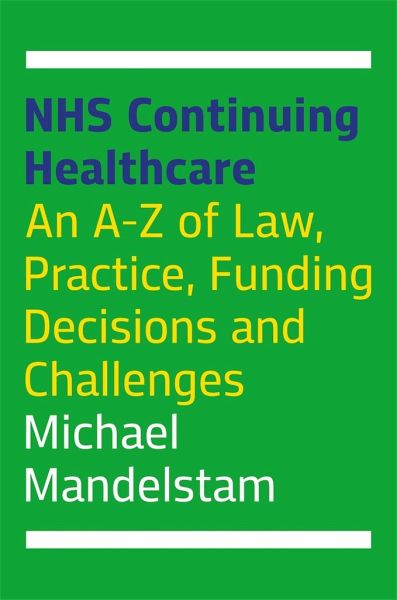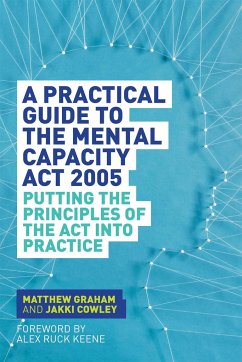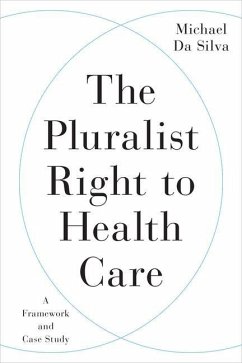
Nhs Continuing Healthcare
An A-Z of Law, Practice, Funding Decisions and Challenges

PAYBACK Punkte
23 °P sammeln!
The law of NHS continuing healthcare is vital in deciding whether adults in long-term care get full NHS funding, or have to fund themselves. This essential guide through the NHS legal maze provides information for health and social care practitioners, who need to make well-informed, well-judged decisions for the care of patients and service users.













